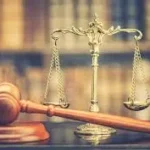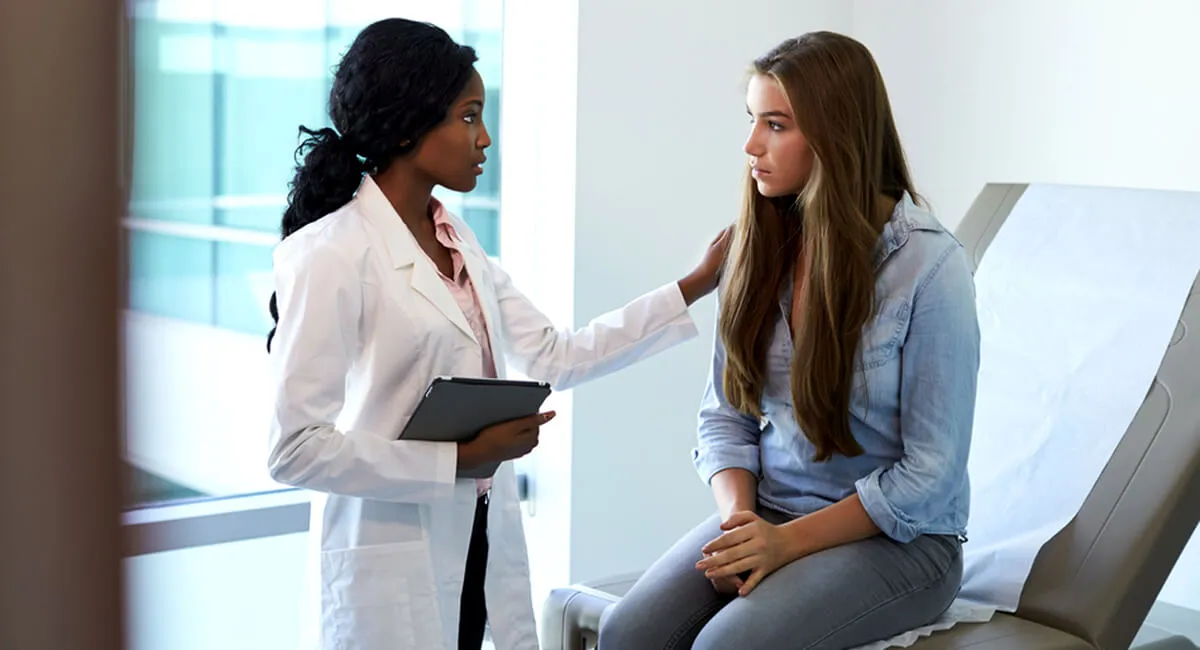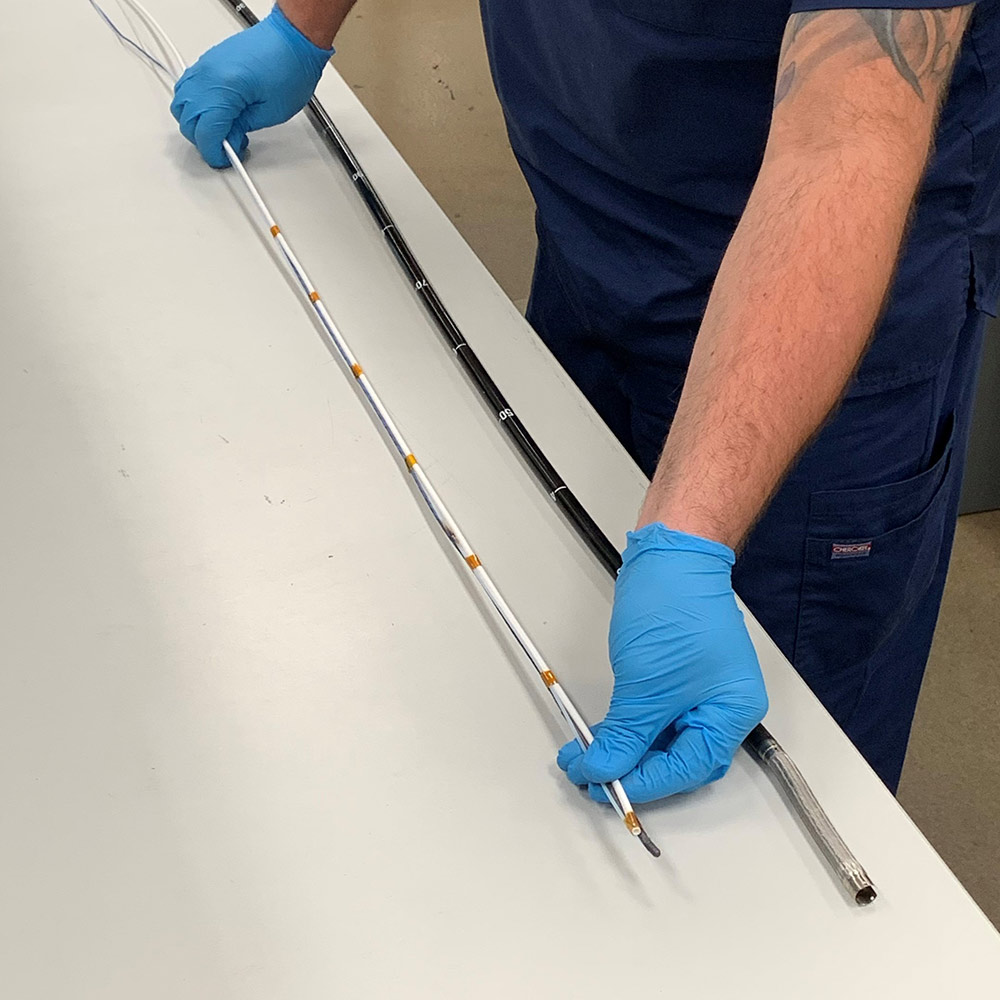Recovering from a brain injury is a daunting journey fraught with numerous physical, emotional, and financial challenges. Victims often face obstacles such as long-term medical care, rehabilitation, and the emotional toll of adjusting to a new reality. Brain injury attorneys play a role in these trying times, providing essential guidance and support to navigate the complex legal landscape. These legal professionals ensure that individuals affected by brain injuries receive the compensation and justice they deserve, helping them focus on their recovery and future well-being.
Common Challenges in Brain Injury Recovery
Physical Challenges: Individuals recovering from brain injuries often face physical challenges that significantly affect their quality of life. These may include issues with mobility, such as difficulty walking or maintaining balance, as well as muscle weakness and fatigue.
Mobility Issues and Pain Management: Mobility issues are a prevalent concern for many individuals recovering from brain injuries. These challenges can manifest as impaired coordination, reduced dexterity, or balance difficulties, significantly impacting daily activities and independence. To address these issues, a comprehensive rehabilitation program often incorporates physical therapy sessions focusing on strengthening muscles, enhancing balance, and improving coordination.
Sensory Deficits: Sensory deficits are another common challenge for recovering from brain injuries. They often alter their ability to perceive and interact with their environment. These deficits can involve vision, hearing, taste, smell, or touch impairments. For instance, some individuals may experience blurred vision, tinnitus, or reduced sensation in their extremities. Such impairments can complicate everyday tasks, from reading and communication to cooking and personal grooming.
Cognitive Challenges: Cognitive challenges are a significant hurdle for many individuals recovering from brain injuries, affecting their ability to process information, focus, and recall memories. These challenges may manifest as attention, problem-solving, and executive functioning difficulties, hindering day-to-day tasks such as planning and organizing activities or making decisions. Memory impairments are particularly prevalent, with individuals struggling to remember recent events or retain new information.
Speech and Language Impairments: Speech and language impairments are frequent obstacles faced by individuals recovering from brain injuries, often complicating communication and expression. These impairments may include difficulties with articulation, fluency, and language comprehension, affecting verbal and written communication. Aphasia, a condition marked by trouble understanding or producing speech, is a common language issue from brain injuries. The emotional impact of these impairments can be profound, leading to frustration and social isolation.
Emotional and Behavioral Challenges: Emotional and behavioral challenges are prominent in the aftermath of a brain injury, often impacting an individual’s social interactions and personal relationships. Individuals may experience mood swings, irritability, anxiety, or depression, which can stem from both the injury itself and the psychological adjustments to altered abilities and lifestyle changes. Addressing these challenges typically requires a multidisciplinary approach, combining therapy, counseling, medication, and support groups to help individuals develop coping strategies and enhance emotional resilience.
Mood swings and personality changes: Mood swings and personality changes are significant and often unsettling challenges that individuals may face during brain injury recovery. These can manifest as abrupt shifts in emotions, such as moving quickly from happiness to anger or sadness, creating unpredictability in behavior and interactions. Personality changes might include becoming more impulsive, aggressive, or withdrawn, leading to potential difficulties in maintaining relationships with family, friends, and colleagues.
Medical Approaches to Brain Injury Recovery
Rehabilitation following a brain injury often requires a multidisciplinary approach that incorporates medical, therapeutic, and psychological interventions. Medical professionals, including neurologists and rehabilitation specialists, play a role in diagnosing the extent of the injury and devising personalized treatment plans. Pharmacological interventions may be employed to manage symptoms such as seizures, pain, and neuropsychiatric symptoms like depression or anxiety.
Therapeutic interventions form another cornerstone of brain injury recovery. Physical therapy could restore mobility and strengthen the body. Speech therapy is vital for those with language and communication challenges, improving speech abilities and ensuring effective expression and comprehension. Cognitive rehabilitation, meanwhile, addresses memory, concentration, and problem-solving issues, incorporating exercises and activities designed to enhance cognitive functioning.
Legal Options for Brain Injury Victims
Brain injury victims often face significant financial and emotional burdens, and seeking legal recourse can be a critical step in alleviating these challenges. Victims could get compensation if the injury resulted from another party’s negligence, such as in a car accident or workplace incident. Legal options frequently include filing lawsuits to recover damages for medical expenses, lost wages, and pain and suffering. Working with brain injury attorneys can help victims navigate the complexities of the legal system.
In addition to personal injury claims, brain injury victims might explore other legal avenues, such as workers’ compensation claims, which can be especially relevant if the injury occurred on the job. For veterans who have sustained brain injuries in the line of duty, claims through veterans’ benefits programs may also be a viable option. Moreover, product liability claims can be pursued if a defective product causes a brain injury. Each type of claim involves specific legal processes and requirements, making it crucial for victims to seek legal advice promptly to ensure they meet all necessary deadlines and procedures.
The Role of Family and Support Networks
Family and support networks play an indispensable role in the journey of recovery for individuals with brain injuries. Family members’ emotional and physical support can significantly enhance the healing process. Families often act as caregivers, aiding in daily activities and rehabilitation exercises crucial for recovery. This can help bridge the gap between clinical care and at-home rehabilitation, ensuring continuity in the therapeutic process.
Support networks, including friends, support groups, and community resources, also contribute substantially to recovery by offering an extended circle of support beyond the immediate family. Support groups allow individuals and their families to share experiences, advice, and coping strategies, fostering a sense of belonging and community. These interactions can alleviate isolation and stress, allowing individuals to draw strength from shared experiences. Community resources, such as local healthcare services and non-profit organizations, can provide additional financial aid, educational resources, and counseling services.
Final Thoughts
In conclusion, navigating the complex journey of brain injury recovery necessitates a multi-faceted approach encompassing medical, therapeutic, and legal avenues. While medical professionals and therapists lay the foundation for physical and cognitive rehabilitation, brain injury attorneys can be pivotal in ensuring victims obtain the compensation and support they deserve. The emotional and practical support from family and community networks is essential in providing a nurturing and encouraging environment, reinforcing the individual’s drive toward renewed independence and quality of life. Individuals can work towards a hopeful and empowered recovery by leveraging these resources and support systems.










